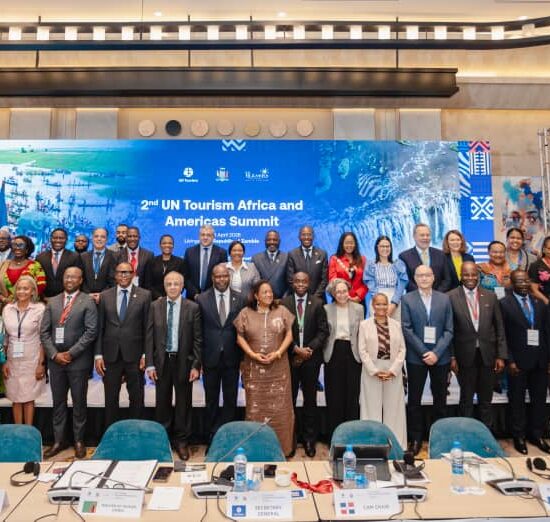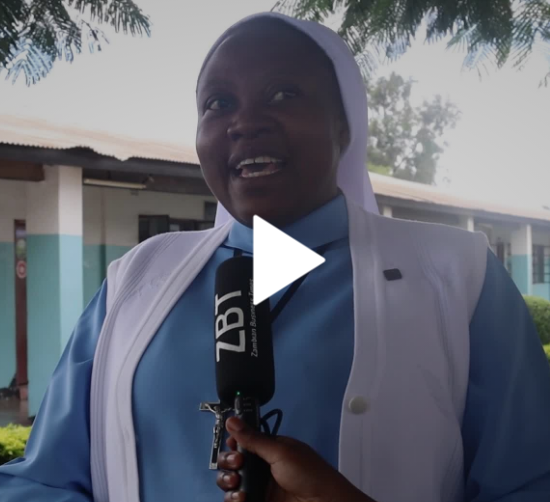
Following audit findings that Mpulungu Harbour Corporation Limited (MHCL) Company profit dropped by 93% attributed to a reduction in cargo volume passing through the Port, MHCL has revealed that the Reduction in cargo throughput and 93% profit loss was due to Limited shipping capacity, Fuel Shortage in Burundi, Reduced export of sugar to the Great Lakes region and Low Clinker exports.
According to the auditor general’s report for the financial years ended 31st December 2021 and 2022, Mpulungu Harbour Corporation Limited (MHCL) Company’s profit reduced by 93% from over K4 million in 2021 to about K363 thousand in 2022.
The AG report also revealed that the reduction in profit was mainly attributed to a reduction in cargo volume passing through the Port from 231,000 metric tons in 2021 to 185,000 metric tons in 2022.
However according to a press query response from Mpulungu Harbour Corporation Limited (MHCL) to the Zambian Business Times – ZBT, MHCL Acting Managing Director Katowa Kabunda revealed that between 2022 and 2023 the Mpulungu Port ship calls were restricted because of inadequate cargo ship operators on the Lake amidst many competing Ports of call, a situation he said was exacerbated by the sinking of two ships in February and March 2022 which led to ship calls reducing from 308 to 267.
Kabunda said that the Persistent fuel shortages in Burundi negatively affected vessel operators’ turnaround time and calls per month.
He said that a Surge in domestic market demand for Sugar reduced quantities available for export adding that the increase in supply chain costs made the Mpulungu Corridor less attractive as an export route.
“Reduction in cargo throughput and net profit was a result of the following factors; a) Limited shipping capacity – Mpulungu Port ship calls are restricted because of inadequate cargo ship operators on the Lake amidst many competing Ports of call. This situation was exacerbated by the sinking of two ships (2,200Mt lost capacity per ship call) in February and March 2022. As a consequence, ship calls were reduced from 308 to 267 between 2022 and 2023. b) Fuel Shortage in Burundi – Persistent fuel shortages in Burundi negatively affected vessel operators’ turnaround time and calls per month. c) Reduced export of sugar to the Great Lakes region –Surge in domestic market demand for Sugar reduced quantities available for export. In addition, the increase in supply chain costs made the Mpulungu Corridor less attractive as an export route,” he said.
Kabunda noted that the demand for Clinker dropped from 112,000 Mt (2021) to 46,000 Mt (2022), due to supply contract credit terms disagreements between Burundi Cement Company (BUCECO) and Chilanga Cement Plc following a change of ownership.
He noted that the decline in cargo volumes resulted in a significant reduction in sales revenue while fixed costs such as salaries, constituting a major portion of the company’s costs remained largely constant.
He further added that the combined effect of declining revenues and fixed costs resulted in a reduction in net profit.
“Low Clinker exports – Demand for Clinker dropped from 112,000 Mt (2021) to 46,000 Mt (2022), due to supply contract credit terms disagreements between Burundi Cement Company (BUCECO) and Chilanga Cement Plc following a change of ownership. The decline in cargo volumes resulted in a significant reduction in sales revenue while fixed costs, such as salaries, constituting a major portion of the company’s costs remained largely constant,” said Kabunda.







